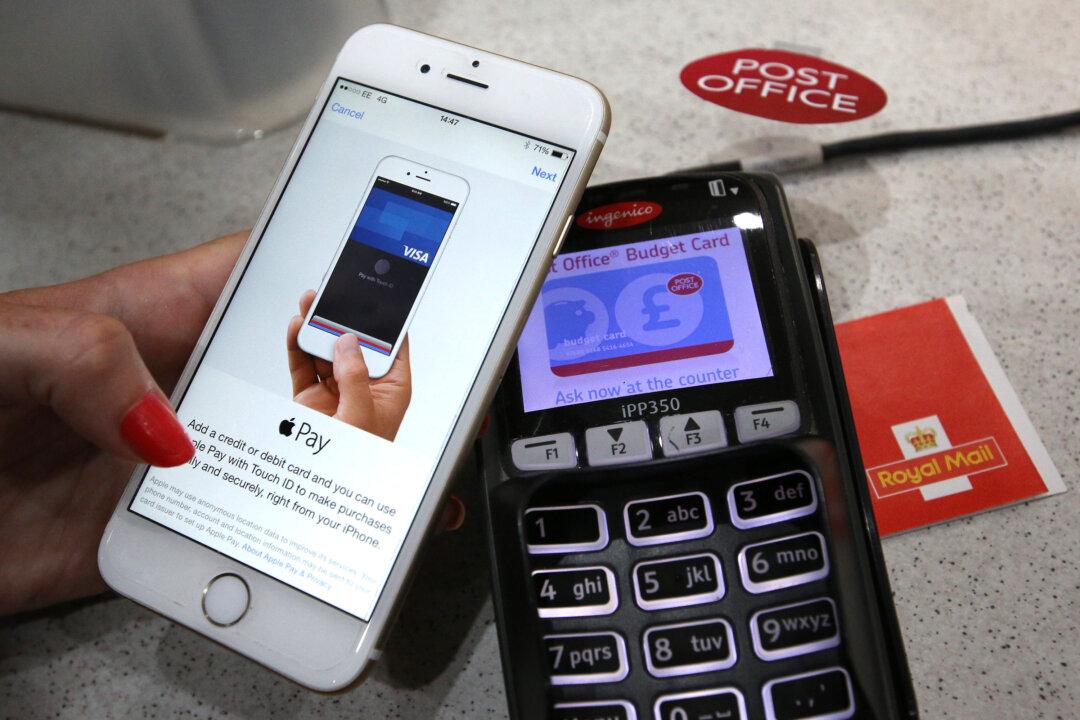Fintech is currently one of the most talked about topics in the global financial industry. Fintech, which stands for financial technology, refers to an emerging industry of tech start-ups that are disrupting the traditional financial industry by offering new innovative financial products and services, which aim to be customer-friendlier, easier to use and more cost-efficient.
Examples of major growth areas within the fintech industry are alternative finance, mobile banking, digital wealth management services, remittance services, and mobile payments. In fact, the mobile payments space is one of the largest sectors in the fintech industry today, and China has managed to emerge as a leader in this market segment.
Mobile Payments in China
China has seen an exceptionally fast adoption of mobile payments in the last few years. The leader in mobile payments in China is the tech giant Alibaba with its mobile payment system Alipay. Alipay possesses over 350 million users, and holds around 50% of China’s mobile payment market. In 2014 it over took Paypal as the largest mobile payment platform in the world.
However, Alibaba is not the only tech giant in the mobile payments space in China. Tencent’s mobile messaging service WeChat started to offer a mobile payments service in 2014 alongside its chat and video messaging service. It currently boasts over 200 million users of its Tenpay payment system.
Both Alipay and WeChat allow its users to pay at restaurants, retailers, ecommerce platforms, and even pay parking tickets and their utility bills. Hence, the Chinese consumer is swiftly moving away from credit cards and cash to using mobile payment platforms instead.
The success and strong growth potential of the mobile payments market has also attracted the third Chinese tech giant Baidu, which launched its own mobile payment system Baidu Wallet in 2014, to compete with WeChat and Alipay. This increased competition has led to further innovation in the payments space, but also, to international expansion.
Chinese Mobile Payment Platforms Abroad
As Chinese tourists are making up an increasingly large amount of the visitor demographic globally, more international merchants are starting to accept Chinese mobile payment platforms to receive payments. In 2015 over 135 million Chinese traveled abroad and have spent over $200 billion in foreign countries. This creates a huge opportunity for the mobile payments industry outside of China’s borders.
Market leader Alipay recognized this early and initially expanded its service to Taiwan, Hong Kong, Macau, and Singapore. Now, however, Alipay can be used across the globe as Alipay has struck partnerships with Stripe, MasterCard, and most recently also Uber, enabling customers to pay for the Uber cab rides with Alipay.




